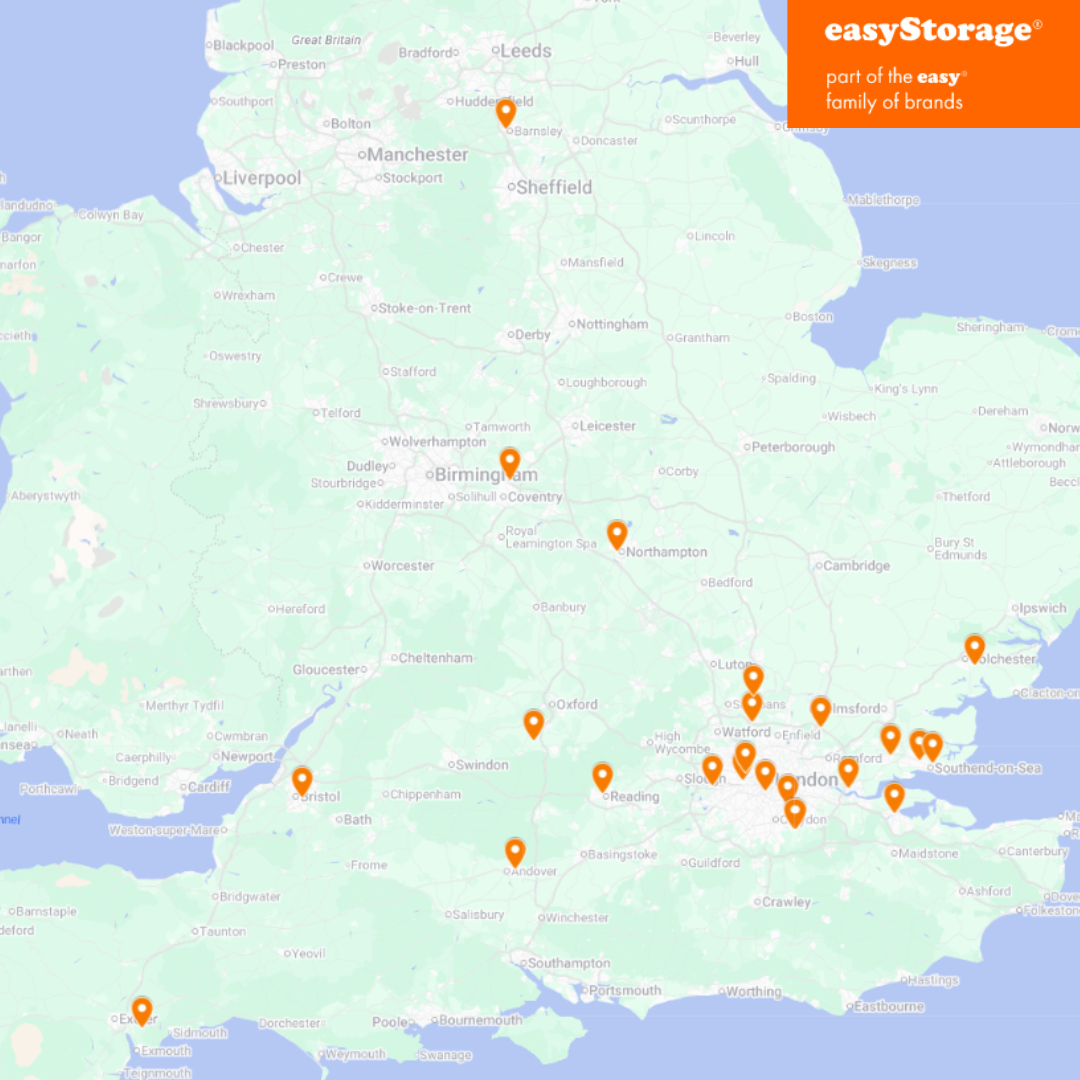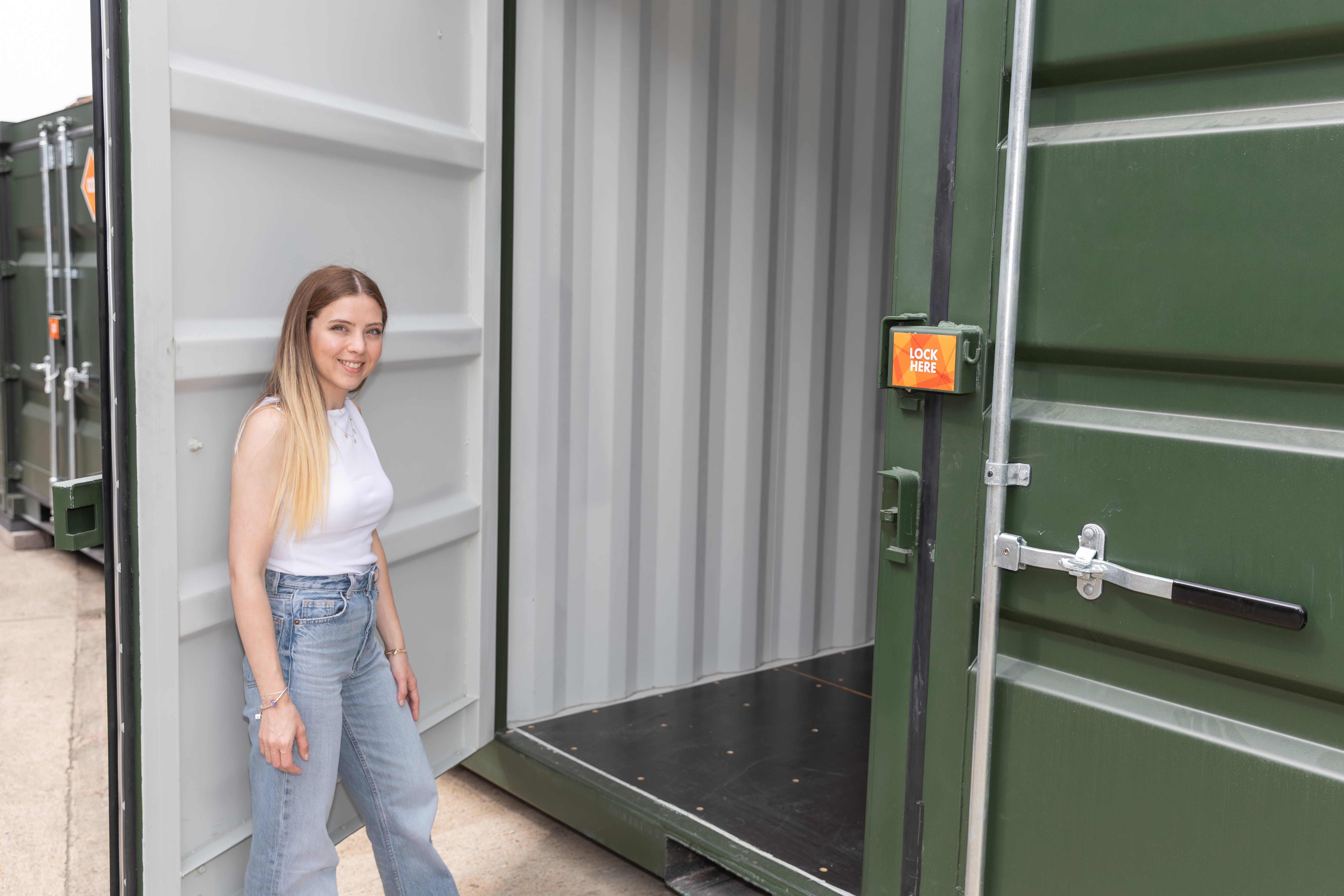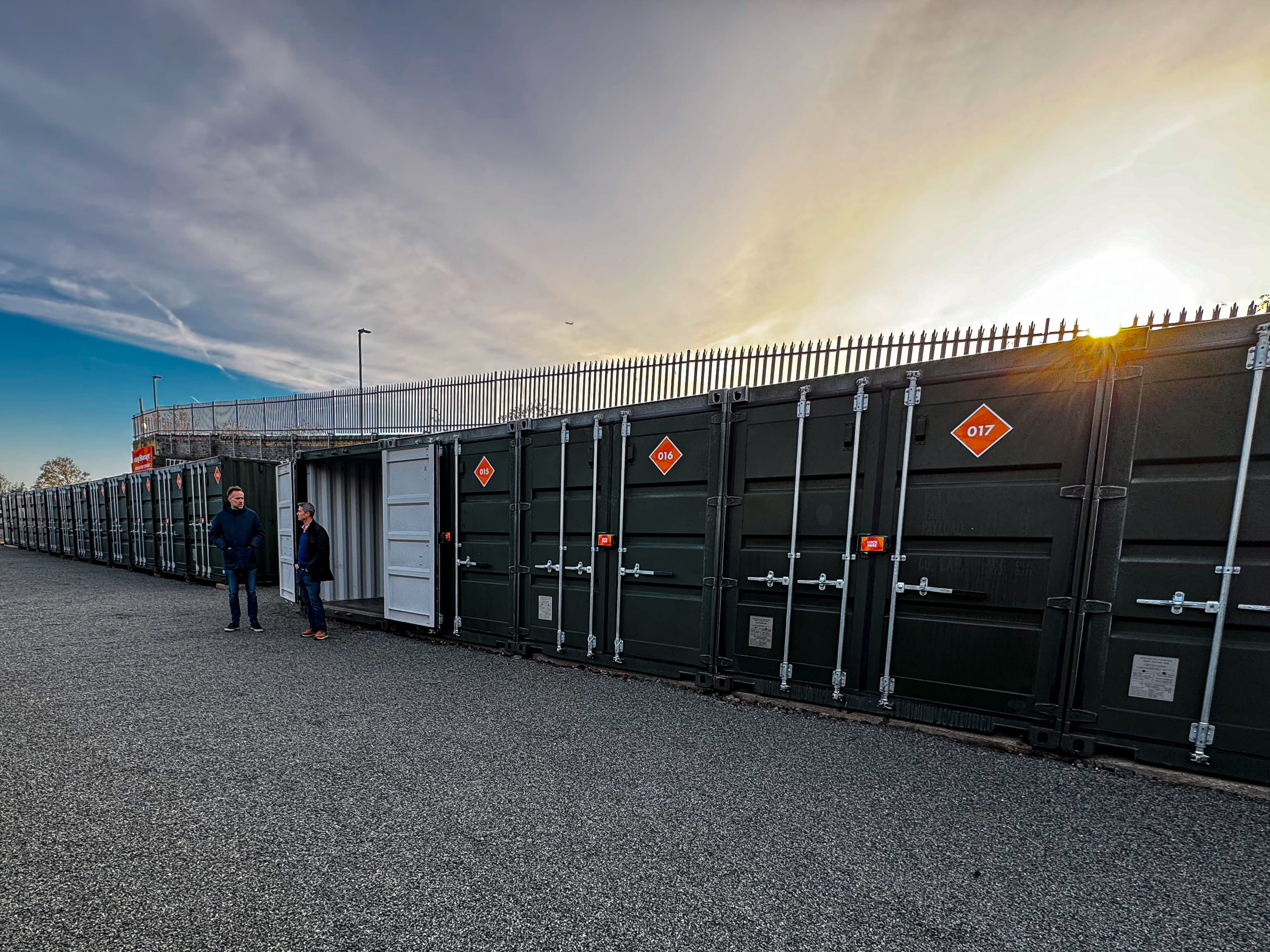Winterising your caravan
You may be planning onusing your caravan or mobile home during the winter - and if you have good heating, why not? However, if the caravan park is closing, your bookings have dried up or you just don’t fancy being chilly (like me!) it’s important to winterise it properly to save a lot of work – and even cost - later:
1. Take‘stuff’ out
Cupboards andwardrobes need emptying out. Include your kitchen cupboards in this.
That way the sugar won’t go hard, the tins won’t go rusty or out of date, and you get a clearer run at cleaning.
Remove soft furnishings like sofa cushions, bedding and towels. This is a perfect time to get them cleaned, dried and stored for next year.
Empty your wardrobes. If damp gets in, you’ll struggle to get rid of the smell of mould from your clothes. Don’t assume that shoes and bags are safe – they can get covered in mould and will never be the same no matter how much you clean them.
You also need to think about valuables. You really don’t want to leave them in an empty caravan.
Radios and music systems that are loose rather than built in are safer and dryer elsewhere.
2. Wastewater tank
You’ll need to make sure that you emptyall water (and muck) out of the toilet and drainage tank. If you have a cassette toilet, nice and easy, flush through any water in the flush tank and emptyand clean towards the end of your winterising activity. Leave a small amount of ‘blue’ in the cassette with about half a litre of water.
Pump out toilets need you to think a little harder about timings, although many toilet drainage points are neartoilets so this may not be much of a problem. If you have to do this early in the clean-up, think about where your clean up team can go to use the toilet. (Lots of people find pubs a good option. I have no idea why!)
Plug any waste outlets to avoid smell or bugs (or furry friends) finding their way in.
3. The fridge/freezer
Empty and defrost fridges and freezers. I find that having a cool bag to pop all food, especially milk for tea, is useful, and have some old towels on the floor in front of the fridge to catch any melted water. I’m sure I’m not alone in having a freezer part of the fridge that develops thick ice. I normally knock away as much as I can before defrosting.
Bicarb of soda is goodfor stopping smells in an unused fridge or freezer and don’t close the door – leave slightly open. Some fridges have a catch for this, but hanging a cloth over the top of the door works well.
4. The dehumidifier question:
Lots of people recommend dehumidifiers. This is a great option if you can check in to empty the water once a week. However, they need a source of power and regular attention. Natural alternatives include rock salt: drill holes in the sides andbottom of a bucket, and then place the bucket into another bucket (to collectthe moisture). Put the rock salt into the top bucket. You will still need to check on it for water periodically.
Others swear bybicarbonate of soda. This has the advantage of not getting liquid, and placedby windows or in an empty fridge, in particular, can absorb a lot of water. You can also pop food flavouring like orange or peppermint to help the place smell nice. The down side is that it’s apparently not as efficient as taking water from the air as, for example, salt or humidifiers – but use enough of it, and it doesn’t need checking on.
There are also commercially available dehumidifying options available as well. Many of them contain calcium chloride. I know some people even use trays of cat litter.
Sadly, we’ve not found mention of anything guaranteed to work!
As an aside, a hygrometer measures the moisture in the air. Found in many hardware stores they’ll tell you the humidity in the air (and therefore how likely mould and damp are to breed).
5. Prepare for little visitors
Imagine for a minute that you’re a tiny mouse. You can stay outside getting cold and wet or you canfind a lovely warm caravan to hide in. I know what I would do.
Sweet. Until you realise that the little beasties love to shred things to nest in. Like the instructions for the oven, your favourite books, the fabric of your umbrella sor sofa or favourite anorak. (Admit it. Even though they’re unflattering and unfashionable, you have one, don’t you? This is England, after all!)
Mice are one thing, rats are another again – whilst it’s pretty horrible, put down some rodent poison. Leave open the doors to everything to make the cupboards less welcoming (as well as avoiding damp).
6. Batteries
Your caravan will be empty for months. Batteries rot, so either put them on trickle charge, or (better in my opinion) charge them fully, take them out of appliances and move them somewhere warm and dry for storage or bring them into the house or garage for storage.
7. Water
If you’re not using the caravan, what’s in the water tank may go stale. Moreover, it may freeze, expand and cause leaks. Make sure you drain it down. (You’ll want to leave this until late in your plans for the endless cups of tea you want while cleaning out, and for washing water.) Not all water systems are the same, so make sureyou know which method suits your caravan (pressure, gravity, for example).
If your caravan has a water filter, consider fully removing it (or make a note to replace next season. If you do it now, the damp or frost could get to it).
Remember to empty out and dry any water carriers. You don’t want to open up next season to carriers full of furry black mould.
8. Cleaning
You don’t want flies, mice or rats (see above) breeding in your locked-up caravan. Reduce the chances by cleaning thoroughly inside.
Once you’ve emptiedall cupboards, clean them too, and leave them open. Wedge them: closed in, they are more prone to moulding. Wipe down with an antibacterial cleaner to prevent damp or mould forming.
Don’t forget the bathroom.
Make sure your vents are all cleaned well out so air can circulate. (This also usually removes afair few eight legged friends at the same time.)
9. Look outside
Clean the outside ofthe caravan thoroughly to help avoid rusting/corrosion or brittle plastic, and make sure any known leaks are sealed or fixed or whatever you need to do! A protective wax or polish will make it harder for dirt to stick.
Depending on the age of the caravan, I’ve found recommendations that you ‘chock’ the wheels, and leave off the handbrake, which helps stop it seizing. You might want to move it a couple of feet forward or back so that the wheels are on a fresh piece of rubber, and make sure they (the tyres) are well inflated – they’ll inevitably deflate over the next few months.
“Winter wheels” are also available. They completely replace the existing wheels with square metal holders. Not only do you protect the wheels, your caravan cannot easily be towed away.
Plug sockets should be protected, but not fully sealed (as condensation will be just as big a problem). If they’re plastic, moisture repellent sprays, however good, can damage them.We’ve seen suggestions that Vaseline, applied properly, can help. I’ve never tried it.
Lots of people use covers for their caravans. If you choose to do this, make sure it’s breathable,or you could be creating more problems than you solve.
10. Security
As you leave, all windows and doors should be locked, and any security devices turned on – check what your caravan insurance policy says.
If you have a tracking device or security alarms, work out how to get power to them when your power’s turned off – fully charged batteries, regular checks, whatever works for you. (If you don’t, as noted, you may want to remove the caravan’s battery and put it somewhere warm and dry.)
Empty out the water in the kettle, and dry it off, ready for that essential British cuppa when youopen up next year. Don’t forget to lock the door and put the keys somewhere safe.
Disconnect and remove gas bottles. (They’re a major fire risk). Store somewhere warm and dry and check thoroughly that any taps are turned to the closed position whilst in storage.
Lock all windows and vents. Close all curtains and blinds. However, if you have blinds on your skylights, leave them open. Light helps stop mould forming on surfaces. Mould likes dark, damp and warmth so let’s remove these ‘ingredients’ wherever possible.
Then lock the door properly,and smile at the thought of next year’s adventures. Just try and remember where you put the key.
If you need a warm,dry space to store all of the things that have come out of the caravan or evenyour awning, easyStorage will happily help. You can even check for a price online. We collect and return your goods to site and can even help you pack if needed.
Please note that this is a brief guide put together in a spirit of helpfulness. You should always check manufacturer’s/supplier’s instructions, site rules, and your insurance.
.png)
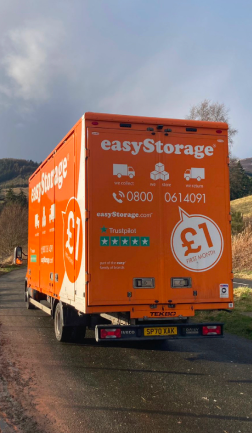
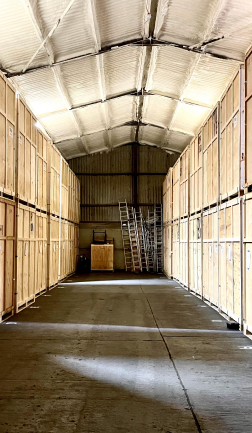
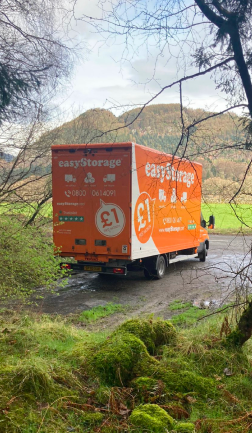
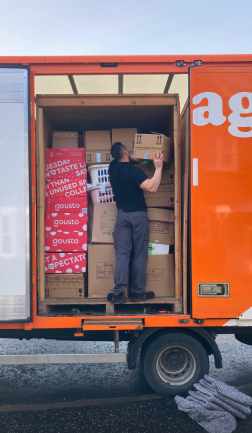
.png)

.png)
